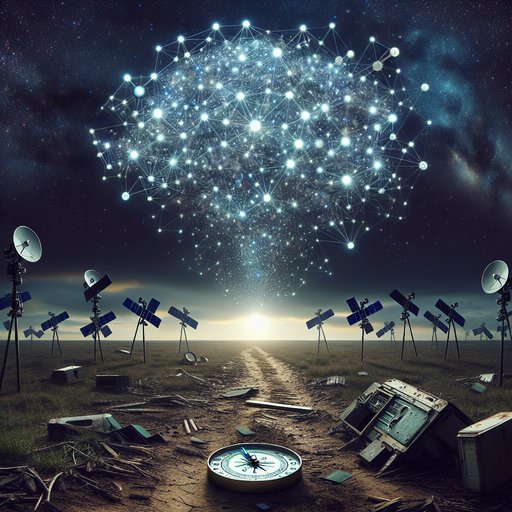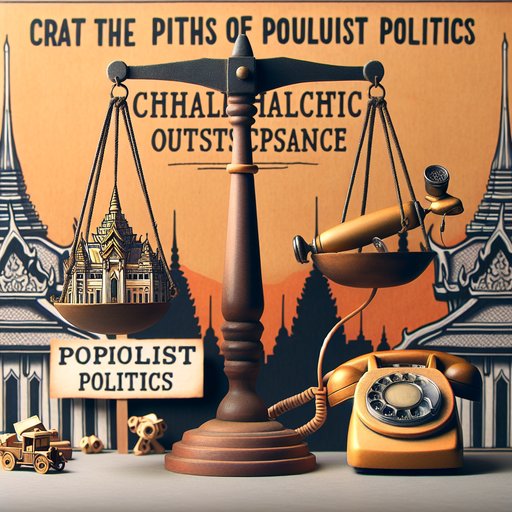- Details
- Written by: Bob Fratenni

In a world increasingly reliant on artificial intelligence, the cracks in the facade are becoming harder to ignore. Businesses initially dazzled by the promise of AI's efficiency and cost-cutting potential are now grappling with unforeseen consequences. From costly errors to cultural faux pas, the reliance on AI is proving to be a double-edged sword, much like the satellites cluttering our night skies that were meant to connect us but now obscure our view of the stars. Just as the night sky was once a compass and a canvas for human imagination, AI was heralded as the next frontier. Yet, as we hurtle into this new era, it's worth questioning whether we are losing our way.
- Details
- Written by: Alex Dupcheck

Brazil enters the second half of 2025 with brisk international activism and some genuine social gains, yet still wrestles with high inflation, expensive credit and bitter political fault-lines at home.
- Details
- Written by: Alex Dupcheck

The Thai court's decision to suspend Prime Minister Paetongtarn Shinawatra over a leaked call is more than a national scandal—it's a cautionary tale in the global narrative of populist politics and its inherent vulnerabilities. This incident underscores the risk of electing leaders based on charisma rather than competence, a trend that threatens to erode democratic institutions worldwide.
- Details
- Written by: Valenenzia Gruelle

A recent survey has revealed that half of employees have excessive privileged access at their workplaces, escalating the risk of insider threats. As artificial intelligence permeates every aspect of business and society, this impending insecurity looms larger. Sam Altman's warning about AI displacing entire job categories may soon seem less hypothetical, as the potential for misuse grows within highly automated environments [1, 4]. But amid this chaos, there is an opportunity to reflect on how technology is reshaping our communal ties, offering a path to reconcile security with inter-generational understanding.


























































